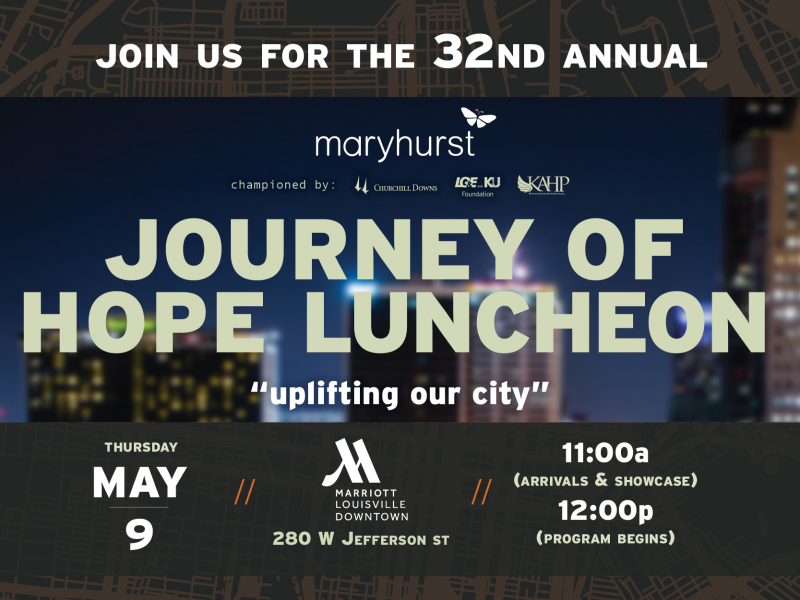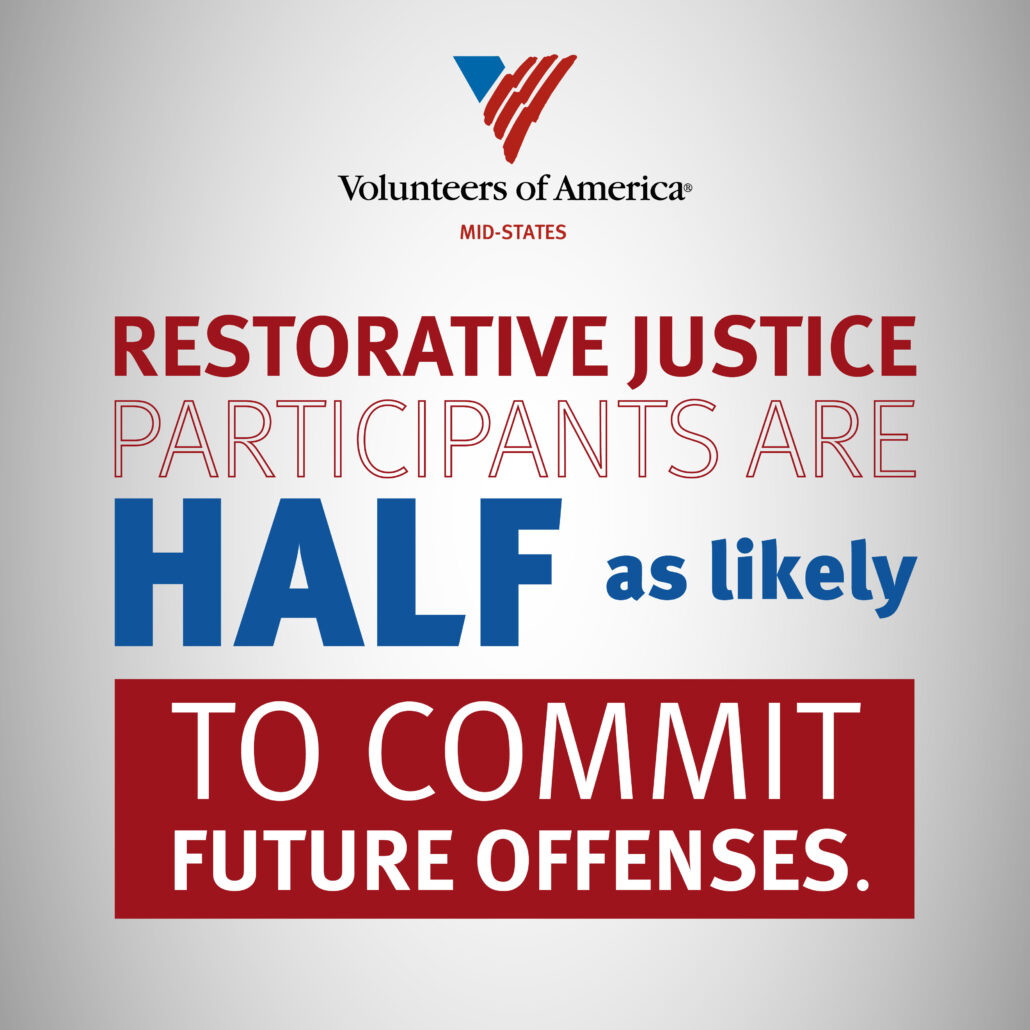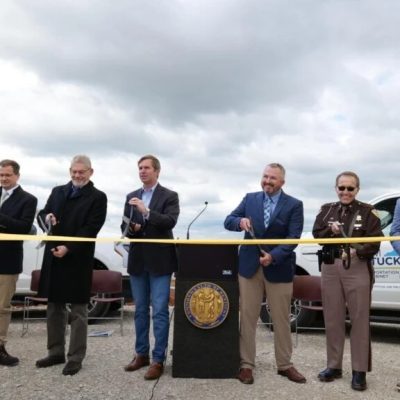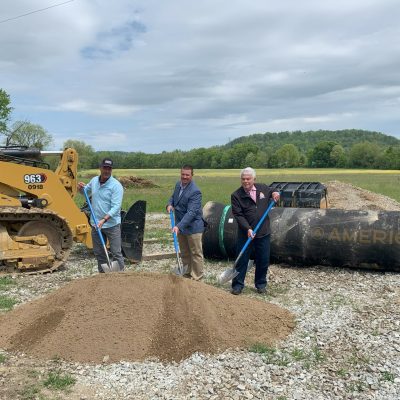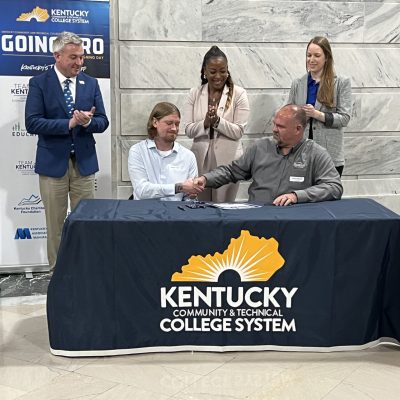By Jennifer Brislin, Building Kentucky

Lamont Jack Pearley knows a thing or two about storytelling. Host of the weekly African American Folklorist segment on WKU Public Radio and inductee in the New York Blues Hall of Fame, Pearley’s deep drawl and deliberate speech lure you into his tales, enticing you to lean in to capture every word.
The story of how and why this New York native picked up and moved his family to Bowling Green, Kentucky to hone his craft – eventually securing a partnership with MIT and the WKU Innovation Campus to share the tales with the world – is the stuff of folklore in its own right.
It was early in 2020, and the pandemic had just taken hold of the country. New York City, where Pearley lived with his wife Denise and their two youngest children, was Ground Zero. States had even begun closing borders between one another, with some only allowing crossings on certain days.
Amid the anxiety and uncertainty of the times, Pearley, a radio personality and podcaster who had also worked in film production, was keen to expand his focus on public folklore. He’d been inspired to raise cultural and ethnic awareness of African American traditional music when he had traveled to the South some years earlier to bury close family members, and felt the urge to capture, catalog and connect stories of Blues history. Covid-19 added to his eagerness to secure the folk stories of the moment.
He saw his opportunity when a friend at Bronx Community College told him the preeminent graduate program for folklore studies was at Western Kentucky University. So, timing a move for a day his family could cross state borders, they drove 16 hours straight to Bowling Green. And that’s where the second chapter of Pearley’s story began.
With Pearley enrolled at WKU to pursue his degree, he and his family immersed themselves in the community, becoming “full residents of Bowling Green.” About two years in, he was nominated for a fellowship with MIT to help identify, curate and amplify true folk stories – a position he received and currently holds. His work would be largely coordinated at the WKU Innovation Campus, an intellectual hub to spur collaboration, promote problem-solving and nurture talent to elevate the economy and region.
Thanks to those connections, he’s now sharing folk stories with audiences around the globe, and helping link communities with the resources they need.
“That’s what I’m engaged in – taking storytelling, entrepreneurship, and bringing them together to disseminate information in the collaborative effort,” he explained.
Not necessarily tales of nostalgia, he clarified, but the nuances of stories that make them authentic, accurate portrayals. Take, for example, the story of Jonesville, a once vibrant Black community in Bowling Green. Founded by formerly enslaved men and women, the neighborhood emerged from segregated housing practices and policies and evolved into a tight-knit community that revolved around church, school and family activities until urban renewal efforts in the 1950s slowly diminished the town’s roots.
“One of the takeaways from that was for four or five generations of Black residents in Bowling Green, their generational wealth was destroyed,” Pearley said. “As a public folklorist, my contributions connect communities to agencies, as well as help bring some sort of economy and preservation to what they deem is important and necessary.”
Those efforts include working with locals, for example, to return equitable economic ventures in the area, by reintroducing traditional Blues music and creating a walking excursion to promote tourism and development.
While the WKU Innovation Campus boasts clients as varied as hi-tech startups and billion-dollar global companies, Pearley said a folklorist in the mix makes perfect sense. It’s that variety, he added, that provides for robust collaborations that create opportunities.
“If you want to make a film, can you make a film with nine directors?” he asked. “Not a good one. The most significant aspect of the WKU Innovation Campus is you have experts in multiple fields who can come together, and that’s really the only way you can get something done, truthfully.”
Pearley added that one of the most vital functions of the WKU Innovation Campus is not the connection of different communities in terms of race and education, but something less noted – connecting generations of people.
“We can have all these isolated people,” he said, “but if we can get the generations together, we can do anything.”

